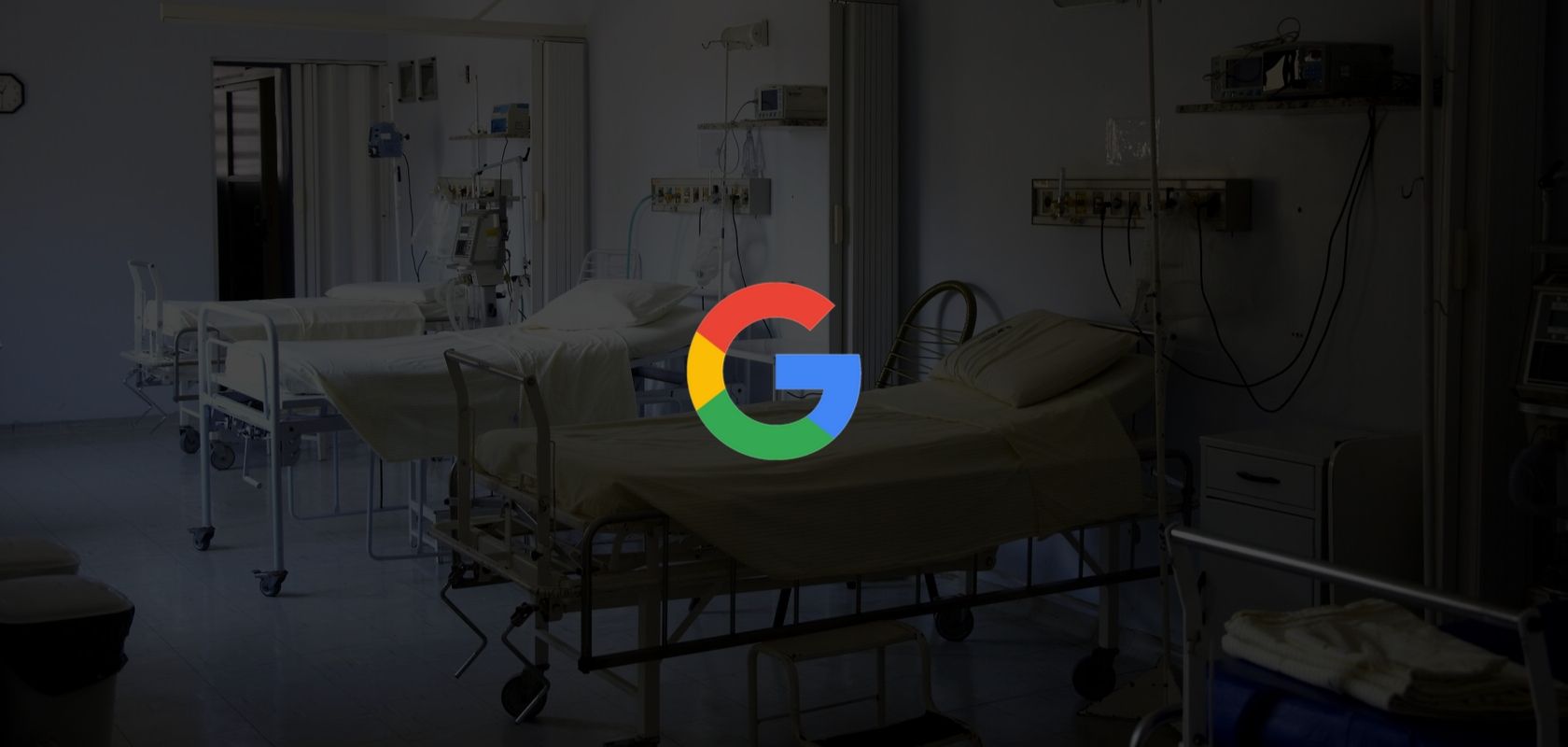Different UK National Health Service trusts have already made agreements with Google to share sensitive medical data and reports after DeepMind, a company with which trusts were already transferring records, moved their headquarters from London to California.
The medical data collected by DeepMind was aimed at the development of a Stream APP, which informed doctors and nurses of possible renal lesions in patients. However, the government, as stated by the Office of the Information Commissioner 2 years ago, did not support this process.
At the time, it was ruled that the transfer of 1.6 million medical records to DeepMind was illegal since patients had not been informed about what would be done with their data. Despite this, several of the existing contracts with DeepMind and the various NHS trusts have been renewed, this time with Google. However, some NHS Trust, such as Taunton and Somerset, decided not to participate in the Stream APP. The Yeovil trust directly canceled the agreement with Google, since “they don’t see meaning in the contract if they won’t implement Streams.”
The scope of the agreements between the NHS and Google
The agreements with Google set a precedent, becoming the first US Company to receive medical data from the NHS. Google would seek to continue the work done by DeepMind, so they absorbed the research carried out in London by the company and dissolved a group of experts who were responsible for monitoring the medical data that was shared.
According to documents from Royal Free, among the data that would be shared with Google, includes medical history, confidential medical reports, treatments provided and other data of the person’s ethnic characteristics.
Due to the sensitivity of the information, the Department of Health and Social Assistance will be investigating to find out the causes that led Google to eliminate the panel of experts, although they did not indicate whether they got answers.
The same Department indicated that the amount of data available to the NHS is overwhelming, and can be used for major medical advances, but “everything must be done with transparency.”
The reaction of Phil Booth, coordinator of the MedConfidential group, the body responsible for ensuring the safety of medical reports, happened immediately. “If they are going to share medical reports, we as patients should know what they will be used for”, he said, reaffirming that the country’s regulations have not been effective at stopping these agreements.










